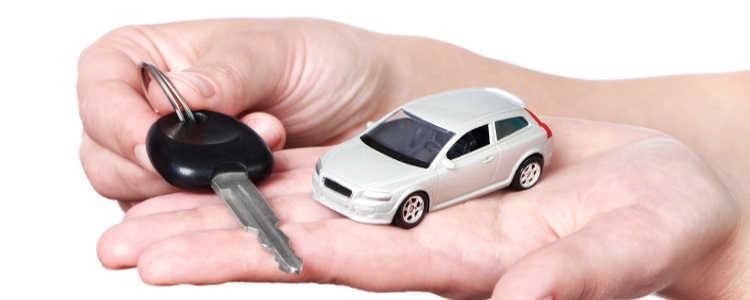Borrowers can ignore whatever is written in the court decree when it comes to a prior cosigned auto loan even from a high risk lender
What we know
Consumers going through a divorce that have cosigned for their spouse's car loan need to be aware of how lenders view an auto loan contract that was previously executed even though this is addressed in the divorce decree.
Here at Auto Credit Express we've been helping car buyers with questionable credit looking for online car loans find those new car dealers that can give them their best chances for car loan approvals for more than twenty years.
We've also seen the results of what can happen to an auto loan as the result of a divorce. We also feel it's especially important that car buyers with bad credit know about this, since it could affect their FICO scores as well as their chances of repairing their credit and qualifying for another loan.
Divorce decrees
When we receive questions regarding credit problems and divorce decrees it usually comes down to one of the exes, usually the one with poor credit, becoming solely responsible for an auto loan that was cosigned by the spouse with better credit.
The question is usually asked because the spouse now responsible for making the loan payments isn't making them. The cosigner wants to know, because the divorce decree states they're not responsible for the loan, if these late payments or the possibility of an impending repossession will affect their credit history and credit scores.
The answer they get is usually not the one they were thinking it would be. Here's why:
Agreements outside a contract
When applicants receive a car loan approval the lender is basing the approval on the information that was provided in the loan application. Once the loan documents are signed and the loan is funded, this agreement is then considered to be a binding contract.
In terms of any circumstances that might follow, the contract from that point on is considered to be a "pre-existing agreement." In terms of an auto loan, this means that even if a judge rules that only one spouse is responsible for making loan payments and enters that stipulation into the divorce decree, the lender can still hold both signers jointly and individually responsible for making payments.
In this case, the divorce decree is considered an outside agreement that was made after the signed contract was accepted by both parties. Since the court documents are not part of the loan contract (that is, the original loan contract doesn't contain any wording of what will happen if the primary signer and co-signer decide to separate or divorce), both spouses continue to be responsible, individually and jointly, for any and all remaining loan payments.
This means that if payments are late or if the vehicle is repossessed, this information will be reported to the credit bureaus and will affect the FICO scores of both borrowers. In addition, lenders can legally collect the remaining contract balance, plus any fees associated with the repossession, from either or both the primary borrower and the co-borrower.
Planning ahead
If you are involved in a divorce and have joint accounts with your soon-to-be ex, be sure to close those accounts and pay the balances on time. Better yet, before the divorce is final, be sure all joint loans are refinanced under an individual name – making just one person contractually responsible for each loan.
As we see it
It's important to remember that a joint contractual obligation that was entered into before a divorce will not change just because the decree now states that just one person is now responsible for it.
One more thing to keep in mind: at Auto Credit Express we match applicants that have experienced car credit problems with dealers that can give them their best chances at approved car loans.
So if you're ready to reestablish your auto credit, you can begin now by filling out our online car loan application.
















